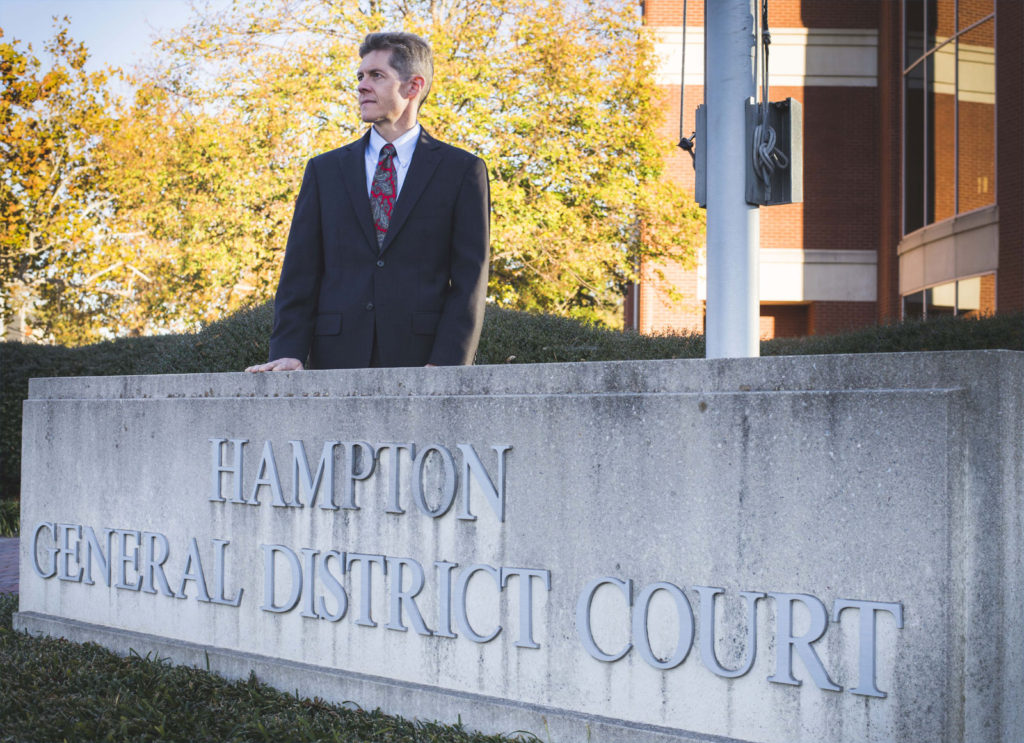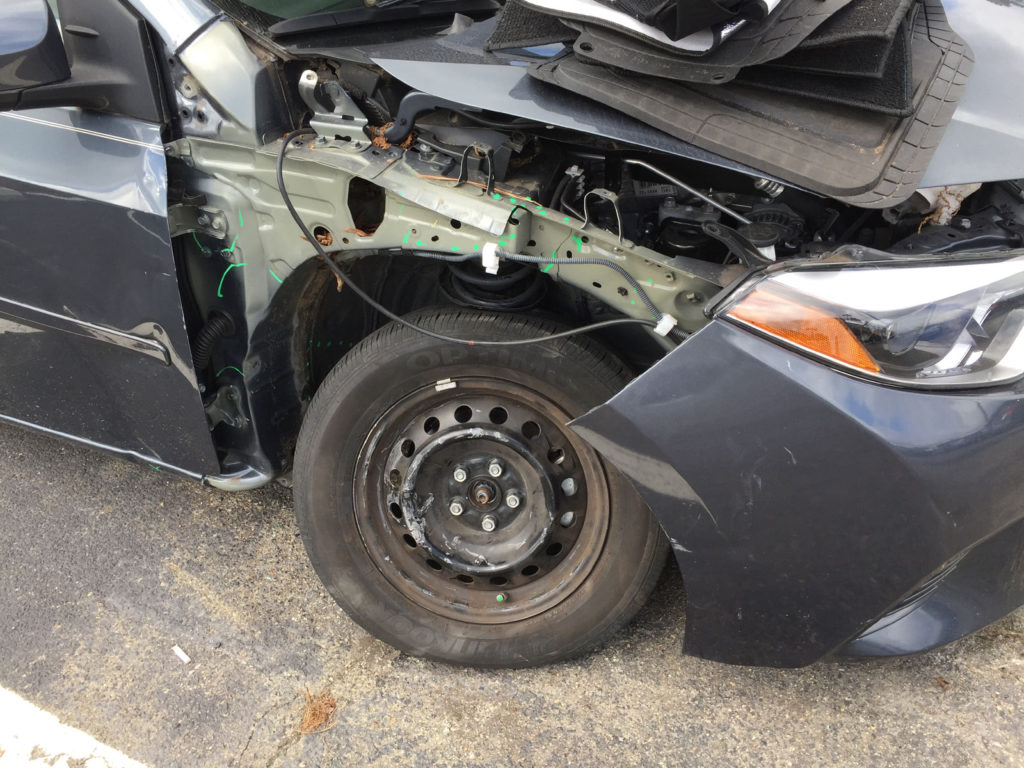Passing A Stopped School Bus - The Virginia Code penalizes passing a stopped school bus with two separate provisions. Code section 46.2-844, Passing Stopped School Buses, punishes the offense as a civil penalty. However, code section 46.2-859, Passing A Stopped School Bus, criminalizes the offense as a class 1 misdemeanor under the reckless driving category.
Section 46.2-844, the civil version, is considered a lesser included offense of the reckless driving code section, so the same driver cannot be convicted of both charges from the same violation. This is significant because convictions of the two charges result in such different outcomes. The less serious 46.2-844 provides only “a civil penalty of $250” and does not carry any DMV demerit points. On the other hand, a conviction under the reckless driving section, 46.2-859, would result in a criminal conviction that would appear permanently on the driver’s criminal history and eleven years on the driver’s DMV transcript, while also subjecting the driver to six DMV demerit points and the possibility that a judge could impose a fine, license suspension, and/or jail.
The language of the two code sections is very similar with most of the charge descriptions being identical, as indicated by the underlined portions:
“The driver of a motor vehicle approaching from any direction a clearly marked school bus which is stopped on any highway, private road or school driveway for the purpose of taking on or discharging children, the elderly, or mentally or physically handicapped persons, who … fails to stop and remain stopped until all such persons are clear of the highway, private road or school driveway …” 46.2-844, emphasis added to identify identical language.
“A person driving a motor vehicle shall stop such vehicle when approaching, from any direction, any school bus which is stopped on any highway, private road or school driveway for the purpose of taking on or discharging children, the elderly, or mentally or physically handicapped persons, and shall remain stopped until all the persons are clear of the highway, private road or school driveway and the bus is put in motion …” 46.2-859, emphasis added to identify identical language.
The two code sections also include identical language rendering it “prima facie evidence that the vehicle is a school bus” upon “the testimony of the school bus driver, the supervisor of school buses or a law-enforcement officer that the vehicle was yellow, conspicuously marked as a school bus, and equipped with warning devices …”
In practice, the difference between the two charges is the perceived risk that the driver imposed on those who were entering or leaving the bus. Judges consider such factors as whether anyone was actively boarding or exiting the bus and whether the driver stopped and proceeded, slowed, or did not react at all in response to the stopped school bus.
Drivers run the risk of being charged under these code sections even if they are not stopped immediately at the location of the offense. If the police are not available or able to stop and identify the transgressing driver at the time of the violation, then a summons may still be issued. The Virginia Code provides that if a summons is “issued within ten days of the alleged violation,” then it will be presumed that the registered owner of the vehicle was the driver when the offense occurred. The owner is entitled to present evidence that he or she was not driving the vehicle at the time in order to rebut or contradict this presumption.
The initial determination when charged with passing a school stopped school bus is whether code section for reckless driving or section for a civil infraction applies. If charged with a criminal misdemeanor under the reckless driving code provision, then it is vital to prepare appropriately to seek an amendment to the lesser offense.
Mark R. Matney
Holcomb Law, PC
13195 Warwick Blvd., Suite 2B
Newport News, VA 23602
(757) 703-4556










 Traffic Violations
Traffic Violations So You Got A Ticket
So You Got A Ticket